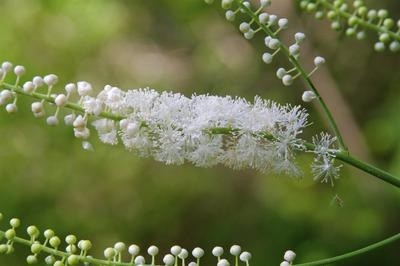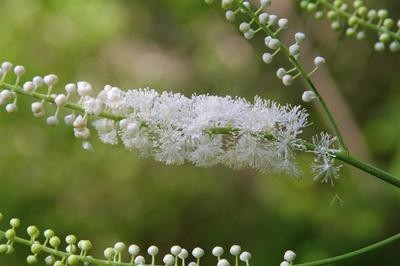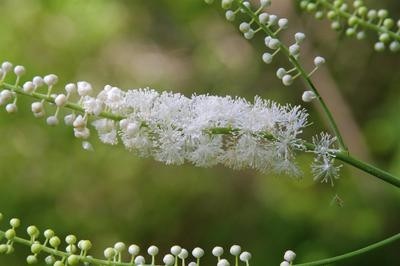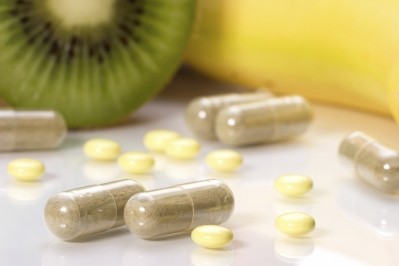UK medicines agency commits to botanicals “crackdown”
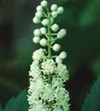
Last week it issued a safety alert for one such product – a black cohosh supplement it was warned about after testing revealed it contained 50 times the allowed dose of the menopausal condition-comforting herb. More are set to follow.
An MHRA spokesperson told this publication the agency was in the midst of a crackdown that was likely to grow in intensity next year with resources devoted to greater policing coupled with a campaign to educate the public about registered and non-registered herbal products.
“There is a wider campaign and we will build on that next year,” she said. “We have been receiving more complaints about these products from both the public and industry about products that are not registered under the Traditional Herbal Medicinal Products Directive (THMPD).”
The move comes as pressure has been building on the MHRA to more strictly the market, as those holding THMPD registrations have felt their registrations have been devalued by large numbers of herbal food supplements that often resemble registered products. The Safe Herbal Medicines Campaign was formed recently by German herbal medicines player Schwabe to exert just such pressure.
But food supplements groups say there are laws in place to govern herbal food supplements, and that there is no obligation for products like valerian supplements, for example, to take THMPD registrations that can cost in excess of €50,000.
Black cohosh
Whether or not THMPD-registered products are more likely to comply with guides on dosage and safety is hotly debated, but there can be little doubt the latest black cohosh action was justified with a product 50 times over recommended levels.
The manufacturer, Bee Health, could not be contacted at the time of publication but the MHRA said the firm had willingly complied with its request to instantly remove the product from all shelves in the UK.
It contained 1000mg black cohosh capsules, where 50mg is the “approved dose” the MHRA said in an alert last Friday afternoon that also said the product, “had insufficient labelling detailing safety information and side-effects.”
“It has been found online and is thought to be sold in independent health food shops.”
The MHRA spokesperson said no adverse events had been reported on this occasion but the agency noted there had been 50 mainly liver and hepatitis events since 1998.
It noted there were THMPD-registered products with correct dosage, warnings and labelling.
Herbal Policy chief, Richard Woodfield said: “This alert highlights the importance of using a registered product. If the product is not a THR there has been no guarantee relating to the safety or quality of the product.”
“Reading the patient information leaflet ensures that you are aware of the correct way to take a medicine, the potential side effects as well as any possible interactions with other medication you may be taking.
“An unlicensed herbal product may have incomplete, inaccurate or no safety information and can mean you are gambling with your health, especially if you take these products without consulting a GP or qualified healthcare professional.”
